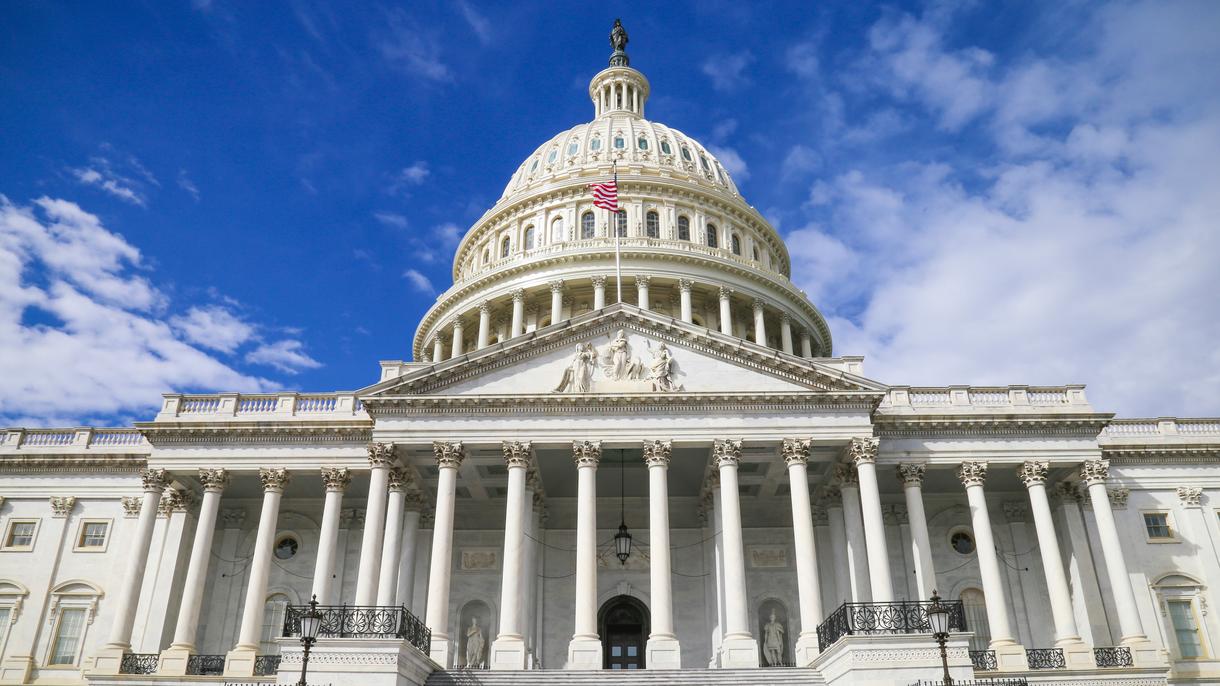On March 27, President Trump signed into law a sweeping stimulus bill designed to pump cash into an economy reeling from the effects of the coronavirus. Two weeks later, as businesses are applying for aid through the Paycheck Protection Program (PPP), and Americans are getting a closer look at the fine print, questions are arising from all corners. The furniture industry is no exception.
On April 8, the Home Furnishings Association (HFA)’s Government Relations Action Committee dialed into a conference call with staffers on the U.S. Senate Committee on Small Business and Entrepreneurship. On the call, the HFA committee members raised three issues with the government’s current plan to implement the roughly $350 billion allotted to the PPP.
The call was part of a larger lobbying effort by the HFA. Furniture Today reports that HFA CEO Sharron Bradley has sent letters to a number of key figures in Washington, D.C.—across the Senate’s and House’s small business committees, as well as to the secretary of the Treasury and the head of the Small Business Administration. The HFA is asking for Congress to consider three central issues.
1. Loan forgiveness is being held to an unrealistic time standard.
HFA believes that there should be greater flexibility in determining the time when loan forgiveness is calculated. As the PPP currently stands, only those expenses incurred during the eight weeks after the loan is received count toward the amount forgiven—most businesses applied to the relief program right away for fear that it might run out of funds. Once applications are approved, however, the loan must fund within 10 days and then the eight-week period must begin. The HFA is advocating for the opportunity to choose when to start the loan clock, based on when it makes sense to bring back more workers, welcome more customers into stores and deliver more products.
2. Businesses are not being allowed enough flexibility.
A cap has been decided by the SBA and Treasury, detailing that loan forgiveness will only apply to fixed property costs (like mortgage interest or lease costs and utilities) that account for less than 25 percent of the overall loan forgiveness.
3. The loan repayment schedule is far too short.
HFA suggests that 10 years, rather than the current-standing two years, is a much more appropriate and realistic term for loan repayment.
What happens next? The HFA reports that its requests have been met with some interest, and is encouraging small business owners in the industry to reach out to their elected officials to ask for the proposed changes.
The HFA is far from alone. As small business owners encounter delays, a confusing bureaucracy, and a bottleneck of applications, industry groups ranging from the U.S. Travel Association to the National Restaurant Association are lobbying Congress to add funds to the PPP and adjust loan timelines, respectively.
Homepage image: Louis Velazquez





























